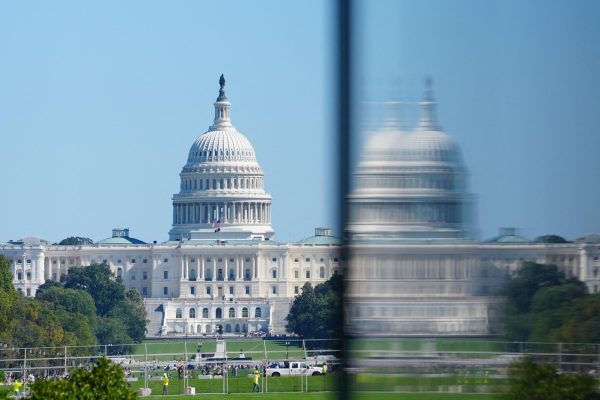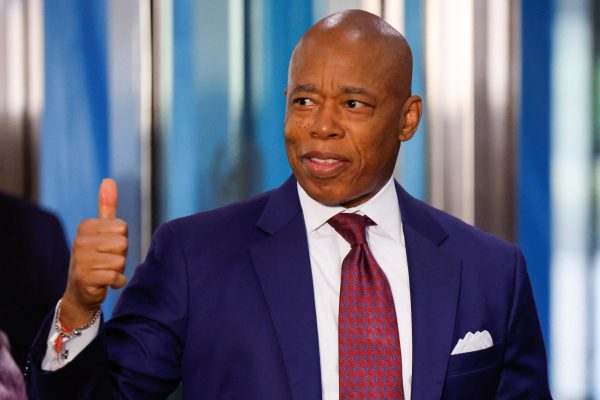Congress stuck in gridlock as U.S. nears debt ceiling deadline
The United States hit its debt ceiling on Jan. 19, leading to a brewing potential crisis of financial insecurity and America’s reputation abroad as politicians in the House and Senate have failed to come to an agreement over whether to raise the limit on what U.S. government can borrow to pay for services, or instead default on existing payments and risk the potential fallout.
The U.S. national debt is currently about $31 trillion and is continuing to grow. The deadline to raise the debt ceiling, which would allow the U.S. to take on more debt, is June 1. This is nothing new — the U.K. Guardian reports that Congress has raised the debt ceiling 78 times since 1960 — but this year, several Republicans have refused to negotiate and have said they are only willing to raise the debt ceiling if the president agrees to cut back on domestic spending. Democrats, on the other hand, want to raise the debt ceiling, retain domestic spending plans and instead roll back expansive tax cuts to bring in more revenue, according to a May 20 article in the Washington Post.
Kevin McCarthy, Republican Speaker of the House, and President Biden have met many times to discuss the crisis, but so far there has not been much movement from either side. Biden was recently in Japan having a conference with other global leaders. During his time in Japan, Biden sent representatives to have a meeting with McCarthy’s representatives, though nothing came out of it. Biden has finally arrived back in America and McCarthy claimed that there has been some positive negotiation and they are moving closer to an agreement. However, it seems that they still have a lot more negotiating to do before the June 1 deadline.
There has been a lot of anxiety throughout the country regarding the consequences of the standstill that is currently going on. Many legal experts argue that Section 4 of the 14 Amendment allows the Treasury Department to keep borrowing money past the debt limit, according to a May 22 Reuters article.
If the U.S. government decides to default on debt or even come close to it, meaning the country would indicate to the world that it’s unable to pay back its debts, the long-term economic effects would be massive, according to a May 17 Guardian article. Since the 2011 Debt Crisis, the United States has been charged with more interest on loans that they took out because of their poor record of paying back debt. The increase in interest did not have much of an effect in 2011, since there is no other choice besides paying more interest. However, now with a larger increase in interest rates, this could have a major impact on the economy and countries will become hesitant about loaning money to the United States, according to a May 17 article of MSNBC.
“The Congress is in charge of spending the government’s money,” said Beth Vaknin, AP Government teacher. “So the idea is that they are only supposed to tax Americans as much as they need to spend. There is a cap at some point that they’ve made, but they obviously need to extend it.”
There are many problems that could occur from defaulting on the debt, possibly impacting many. It has the possibility of causing massive unemployment and could cause a recession.
“The faith in the United States is what allows other countries to invest in us and let the stock market people invest in the stock market,” Vaknin said. “Since they always assume the United States is going to pay its debts, and if they don’t, it would cause massive economic problems.”
Some debt is a good thing, but when it gets too much to handle it could lead to disaster. If someone is consistently paying off debt that shows they can handle it and that they are making a good investment.
“The United States has always had debt,” Vaknin said. “This goes back to Hamilton, so the other countries will invest in the United States if we default. And we often say, we’re not going to pay the bills. And that’s an actual possibility. Countries will lose respect. Also, hearing us defaulting could affect other countries. The economy now is a worldwide economy of which the United States is obviously an important part. So, if we default it can have an impact on other countries.”











